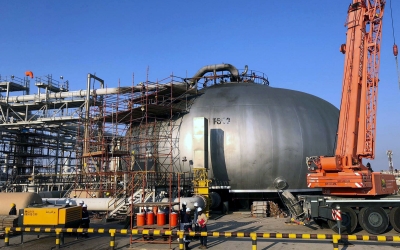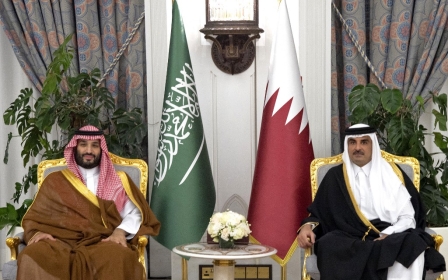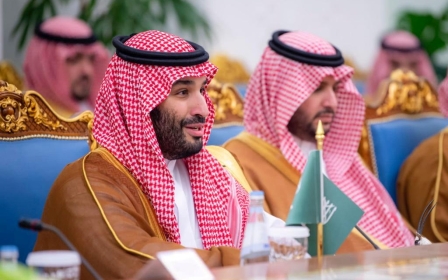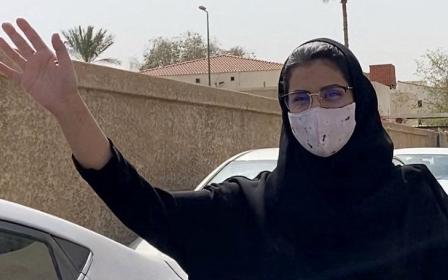Saudi Arabia approves first budget without deficit since 2014
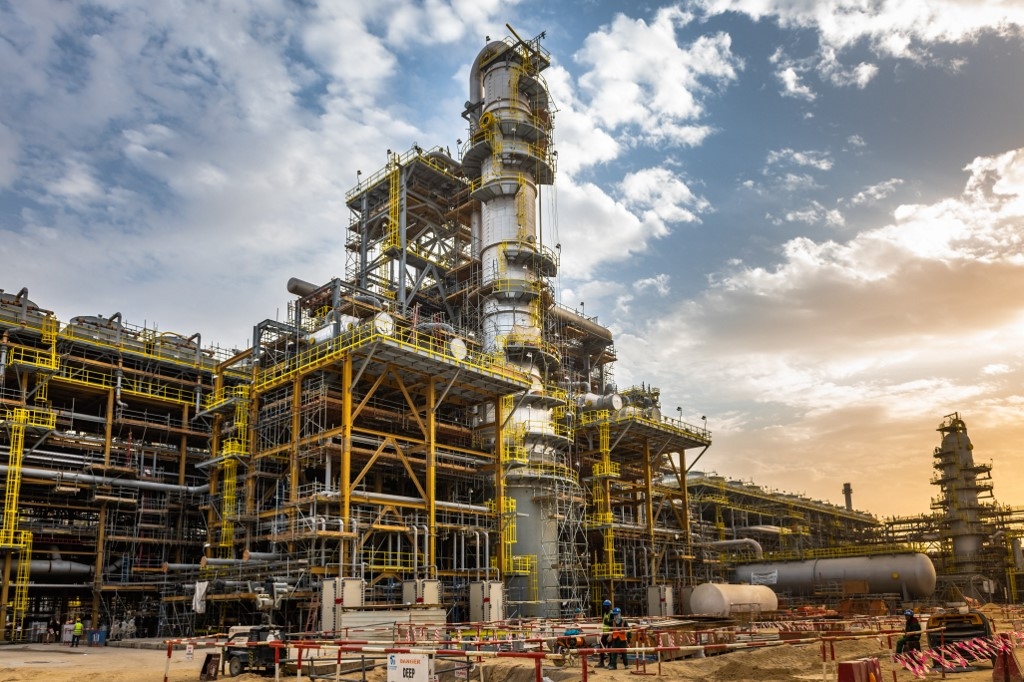
Saudi Arabia approved its 2022 budget on Sunday, projecting a surplus for the first time since oil prices collapsed in 2014.
King Salman said the improved fiscal situation for the world's biggest oil exporter comes "after the kingdom of Saudi Arabia has overcome the economic repercussions and the exceptional stages of the coronavirus pandemic".
Cited by the Saudi Press Agency, he said total expenditures were budgeted at 955 billion Saudi riyals ($255bn) and revenues estimated at 1.045 trillion riyals, giving a surplus of 90 billion riyals, according to AFP.
If the projections are realised, it will be the first time that the Arab world's largest economy will see a surplus since 2013, when it reached 206 billion riyals.
"We aim to place further attention to the security and health of citizens and residents, human development, the continuation of economic growth and diversity, and financial sustainability," King Salman said.
Riyadh plans to reduce military spending next year by around 10 percent from its 2021 estimates, the budget showed, a sign that the cost of the military conflict in neighbouring Yemen has started to ease.
Saudi Arabia was left reeling last year from low oil prices when global demand collapsed during the pandemic and led to an economic downturn.
Revenues jumped this year by almost 10 percent, driven by higher crude prices and oil production hikes as global energy demand recovered.
"We are totally now decoupling the government expenditure from the revenue", Finance Minister Mohammed al-Jadaan told Reuters.
"We are telling our people and the private sector or economy at large that you can plan with predictability. Budget ceilings are going to continue in a stable way regardless of how the oil price or revenues are going to happen".
Saudi Arabia's ability to maintain fiscal diligence depends partly on the increasing roles of entities like the Public Investment Fund (PIF) or the National Development Fund in backing Crown Prince Mohammed bin Salman's ambitious investment plans.
Bin Salman said that "the financial and economic results and indicators confirm that we are progressing positively".
Saudi Arabia plans more than $3tn in investment in the domestic economy by 2030, a target that economists have said will be tough to meet.
Since 2016, the kingdom has embarked on a wide-ranging programme to diversify its economy away from oil, which makes up the majority of its revenues.
Middle East Eye delivers independent and unrivalled coverage and analysis of the Middle East, North Africa and beyond. To learn more about republishing this content and the associated fees, please fill out this form. More about MEE can be found here.


